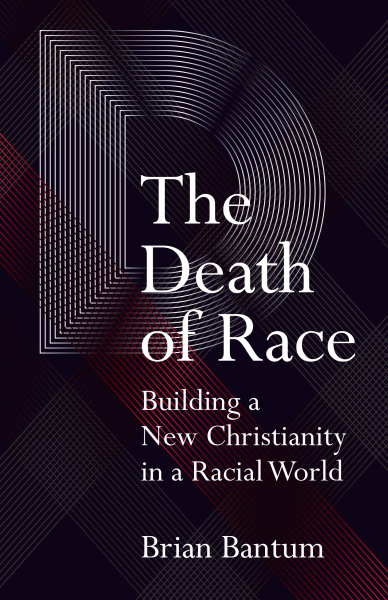The long history and legacy of passing in AmericaPosted in Articles, Audio, History, Media Archive, Passing, United States, Women on 2017-05-04 22:30Z by Steven |
The long history and legacy of passing in America
The Washington Post
2017-05-03

(Illustration by Chris Kindred for The Washington Post)
Anita Hemmings was Vassar College’s first African American graduate. But no one was supposed to know that she was black.
A light-skinned mixed-race woman, Hemmings passed as white for most of her time at Vassar — until her roommate hired a private investigator to find out the truth.
Hemmings graduated college in 1897 and continued passing as white for the rest of her life. Her story fits in with a broader history of African Americans passing in this country for personal safety, economic and social reasons.
In this episode of “Other: Mixed Race in America,” we learn the story of Hemmings, and we also learn about the legacy of passing that is inherited through generations of mixed-race Americans…
Listen to the podcast (00:19:12) here.





